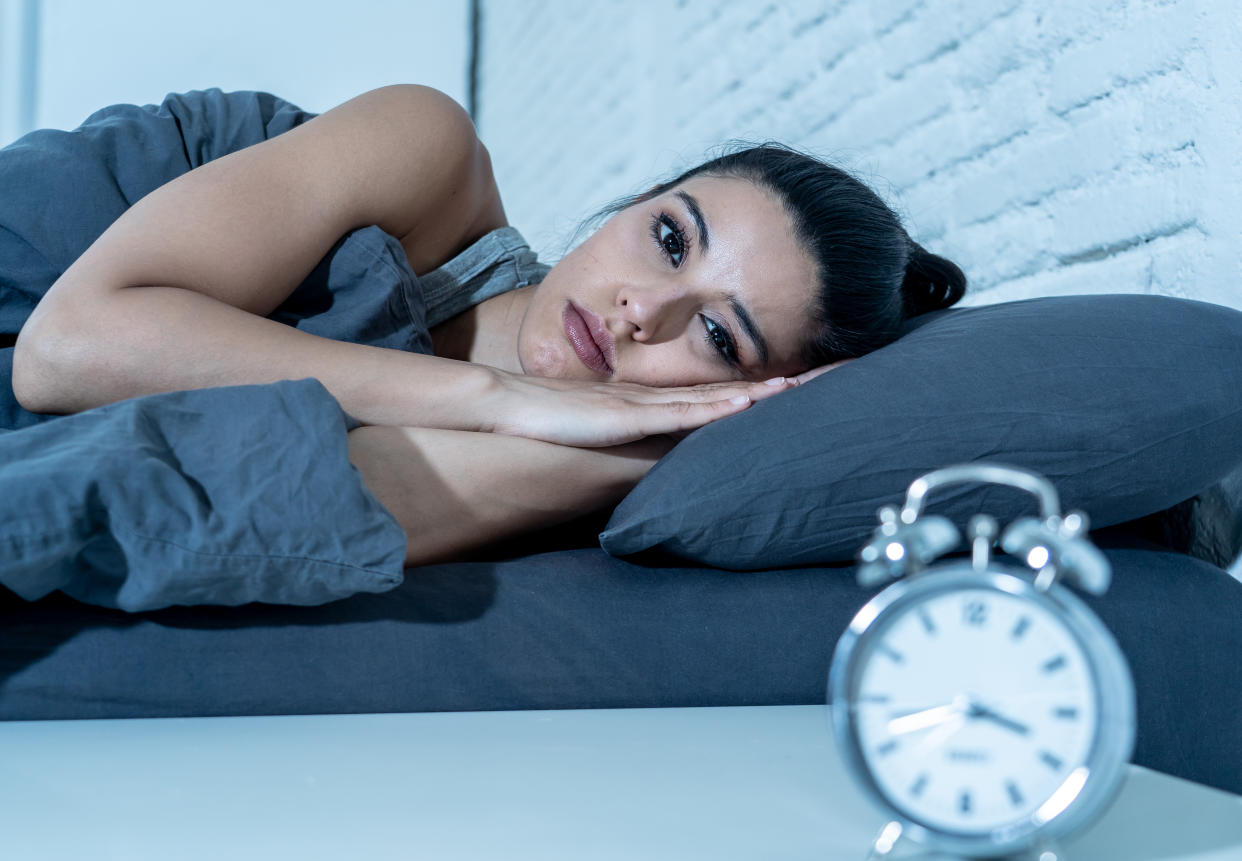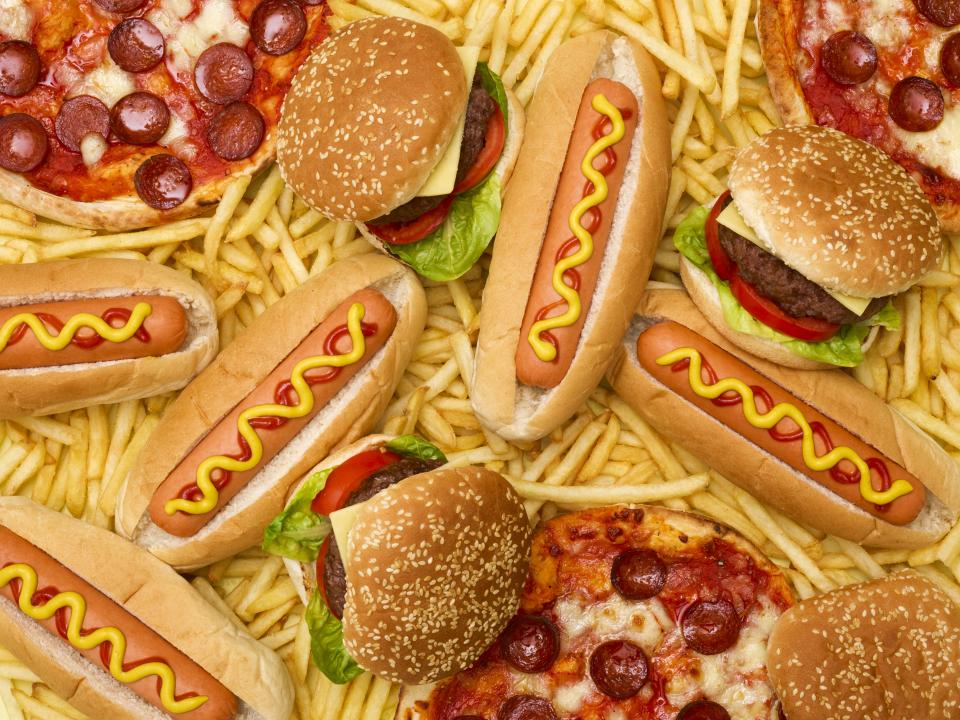The surprising reason you might be craving junk food

A bad night’s sleep may trigger junk food cravings, research suggests.
Scientists from Northwestern University looked at 25 volunteers after they were allowed just four hours’ sleep.
When presented with an all-you-can-eat buffet made up of doughnuts, cookies and pizza, the sleep-deprived participants overindulged more, compared with those who enjoyed a restful night’s kip.
Scans showed they had greater activity in the area of the brain that picks up on smells, suggesting it was having to work harder to detect odours, the scientists said.
They warn the brain may ‘overcompensate’ for a reduced sense of smell by ‘choosing energy-rich’, or carby, foods.

“It might be worth taking a detour to avoid your local doughnut shop next time you catch a 6 am flight,’ lead author Dr Thorsten Kahnt, assistant professor of neurology, said.
"When you're sleep-deprived these brain areas may not be getting enough information. You're overcompensating by choosing food with a richer energy signal.”
Insomniacs often struggle with their weight, with many turning to fatty, sugary foods after a night of tossing and turning, the scientists wrote in the journal eLife.
Research suggests a lack of shut-eye changes a person’s taste preferences by altering the molecules that regulate food intake.
How the experiment worked
To learn more, the scientists looked at 25 healthy volunteers who normally got the recommended seven-to-nine hours of sleep a night.
The participants were first assessed after a normal night’s rest. A spread that included mini muffins, hash browns and garlic bread was laid out, with the volunteers’ consumption being monitored.
Four weeks later, the same participants were forced to get by on just four hours’ shut-eye.
The following day, they opted for significantly more calorie-dense and fatty foods at the buffet, than they were well-rested.

“We found participants changed their food choices,” Dr Kahnt said. “After being sleep deprived, they ate food with higher energy density like doughnuts, chocolate chip cookies and potato chips.”
Getting by on just four hours’ sleep also caused the volunteers to have higher levels of the molecule which regulates appetite in their blood.
Brain scans also showed greater activity in their piriform cortex, which processes smells.
This area of the brain is linked to another region called the insula, which collects information from the rest of the body in order to regulate appetite.
A lack of sleep is thought to alter this connection, prompting a preference for calorie-dense foods.
“When the piriform cortex does not properly communicate with the insula, then people start eating more energy-dense food,’ Dr Kahnt said.
“But it may also be that these other areas fail to keep tabs on the sharpened signals in the olfactory cortex. That could also lead to choosing doughnuts and potato chips.”
Insomnia affects around a third of adults in the UK and US, statistics show.
As well as causing fatigue and an increased risk of accidents, the disorder has also been linked to high blood pressure, diabetes and depression.
Got a story tip or just want to get in touch? Email us at lifestyle.tips@verizonmedia.com.
Want more lifestyle and celebrity news? Follow Yahoo Lifestyle on Facebook, Twitter and Instagram.
Or sign up to our daily newsletter here.

 Yahoo Lifestyle
Yahoo Lifestyle 

